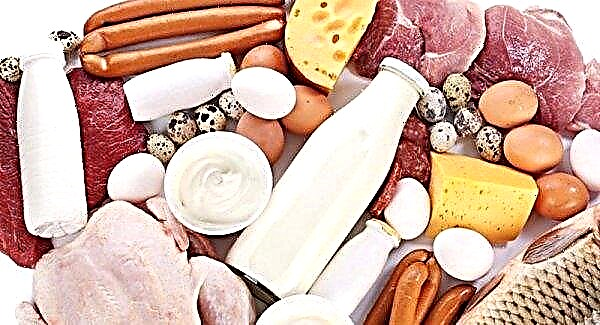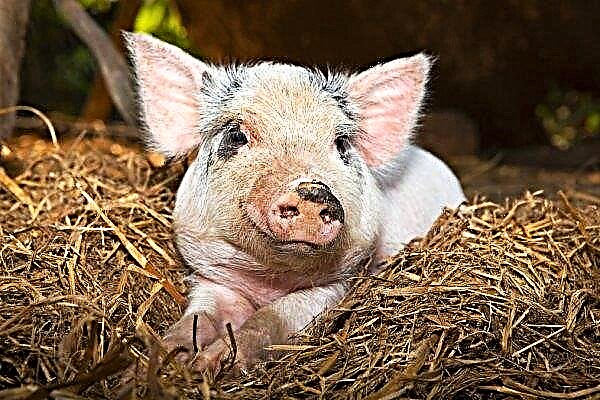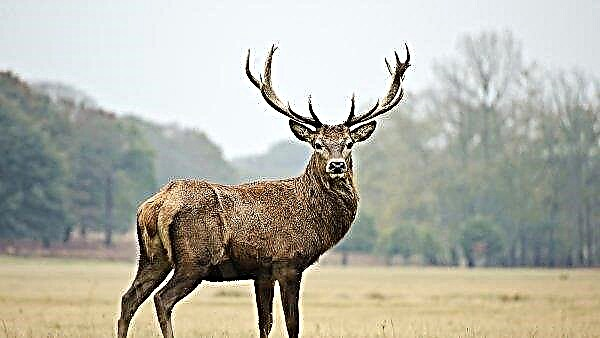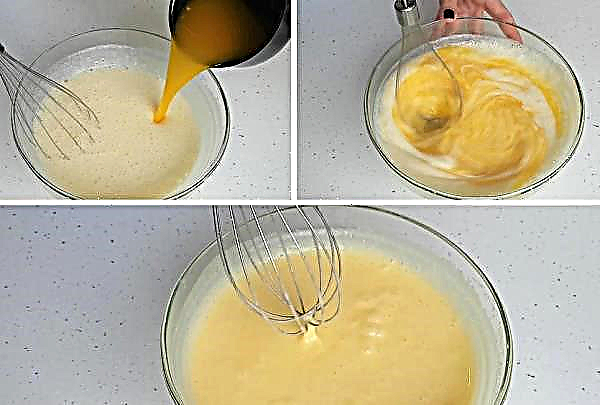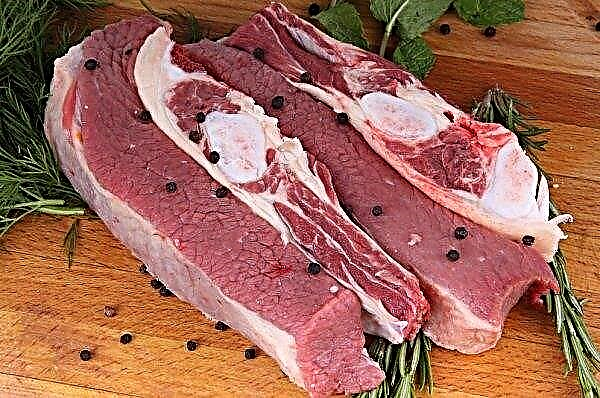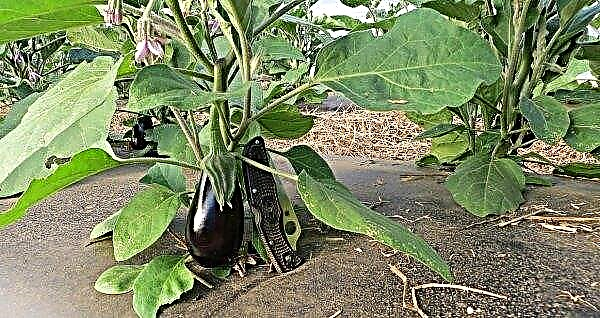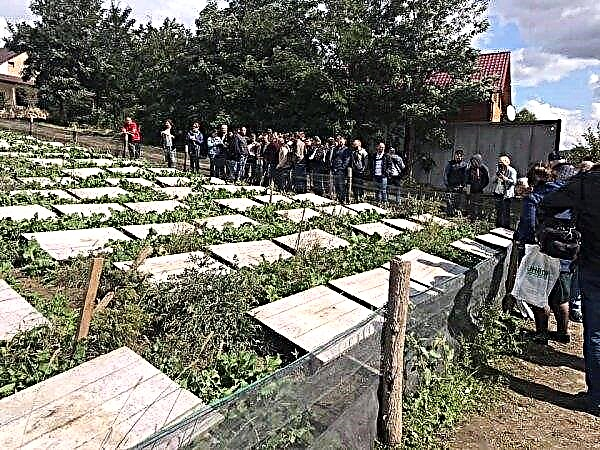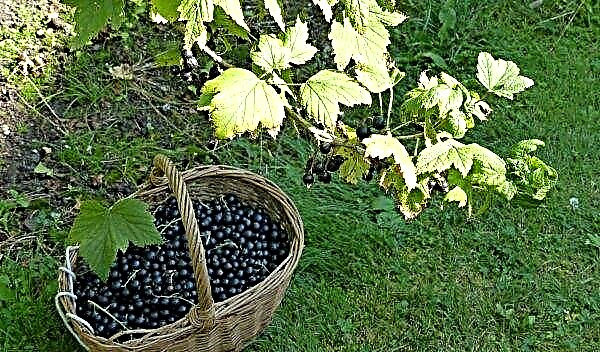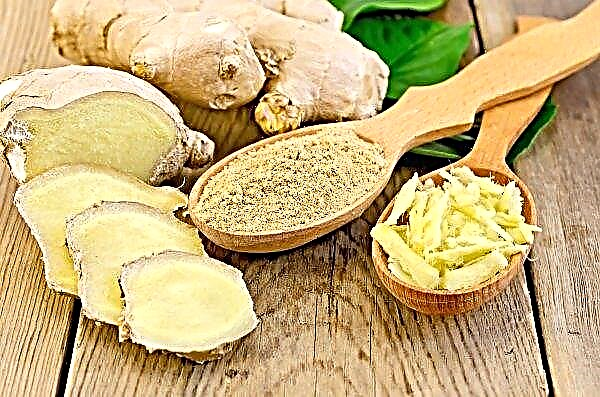Dieffenbachia is a beautiful ornamental plant, while secreting poisonous juice, which when burned on exposed skin causes burns. About whether it is possible to grow Dieffenbachia at home and is its poison so terrible, read below.
General information
Dieffenbachia is an evergreen perennial plant native to the tropical forests of America. Adult plants grow up to 2 m in height in the wild, up to 1 m - at home cultivation.
Bushes are formed from fast-growing leaf blades planted on long petioles. The leaves are heart-shaped, in diameter can reach 30 cm at home, 50-100 cm - in the wild. Depending on the species, plants may have a single-stemmed or bush form. Dieffenbachia flowers are inconspicuous, white, almost transparent. Flowers gather in a tubular peduncle, surrounded by a veil painted white on the inside and green on the outside. This structure of the peduncle gives it a resemblance to a calla flower.
Dieffenbachia flowers are inconspicuous, white, almost transparent. Flowers gather in a tubular peduncle, surrounded by a veil painted white on the inside and green on the outside. This structure of the peduncle gives it a resemblance to a calla flower.
Did you know? In Brazil, Dieffenbachia used to be used as a punishment for slaves, forcing them to eat a plant. When ingested on the mucous surfaces of the mouth, toxic substances caused severe swelling, so a person was speechless for a rather long time, and could even die from intoxication.
Beneficial features
When decorating walls, making furniture, etc., various materials that emit formaldehyde are used. Dieffenbachia absorbs harmful compounds together with carbon dioxide and converts them into oxygen. In addition, these plants secrete volatile, which inhibit the reproduction of pathogenic microbes in the air. When caring for Dieffenbachia, you need to maintain an optimal microclimate, which is characterized by high humidity. This factor can significantly reduce the amount of dust in the premises, which positively affects the health of young children and people suffering from bronchial asthma.
When caring for Dieffenbachia, you need to maintain an optimal microclimate, which is characterized by high humidity. This factor can significantly reduce the amount of dust in the premises, which positively affects the health of young children and people suffering from bronchial asthma.
Harm
- The main harm of dieffenbachia is poisonous juice, which, if it comes into contact with the skin and mucous membranes, can cause:
- chemical burn;
- swelling of tissues;
- poisoning.
In order to provide medical assistance to the victim in time, you need to know the main signs of dieffenbachia poisoning:
- swelling of the tongue and lips;
- increased salivation;
- loss of sensation;
- suffocation;
- lack of swallowing reflex;
- diarrhea, vomiting;
- lacrimation of the eyes.
Important! Young dieffenbachia do not have the same strong poison as adult plants. Upon contact with their juice, the reaction on the skin does not appear, but it tastes their it’s better not to try.
Security measures
Dieffenbachia can be grown at home, following safety measures:
- All agrotechnical work related to transplanting and pruning of plants, carry out with gloves.
- At the end of the work, wash your hands and the entire instrument with soap.
- Place the flower in an area inaccessible to children and pets.

First Aid Instructions:
- If juice gets on the skin, in the oral cavity or mucous membranes of the eyes, rinse the affected areas with plenty of water, rinse your mouth.
- If juice enters the esophagus, drink about a liter of water, then take the sorbent: activated charcoal at the rate of 2 tablets per 1 kg of body weight, or Enterosgel according to the instructions.
- Try to induce vomiting.
- Having completed all the above manipulations, call an ambulance.
Important! Signs and popular beliefs appeared due to the fact that people could not always find a logical explanation for natural phenomena, so do not focus too much on them and put the blame for the family disorder on the plant.
Folk superstitions and mystical properties
Dieffenbachia is credited with the mystical property of upsetting the harmony of family relationships and literally driving men away from unmarried women.
It is believed that the presence of a plant in the house can cause the following problems of a social nature:
- increased bursts of negative energy leads to frequent quarrels and frustrations in the family;
- deterioration in relationships with friends;
- decreased potency in men;
- female infertility;
- the appearance of chronic fatigue in family members;
- sleep disturbances, nervousness;
- worsening financial situation;
- unwillingness of animals to live in the house.
 Dieffenbachia belongs to poisonous plants - most likely, this was the reason why people attributed negative mystical abilities to it. Adhering to the precautionary rules, Dieffenbachia can be successfully used for landscaping any premises.
Dieffenbachia belongs to poisonous plants - most likely, this was the reason why people attributed negative mystical abilities to it. Adhering to the precautionary rules, Dieffenbachia can be successfully used for landscaping any premises.

